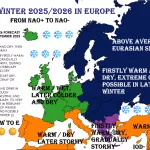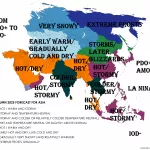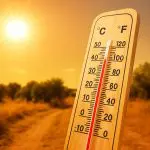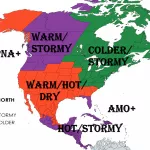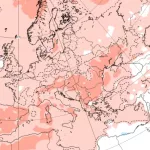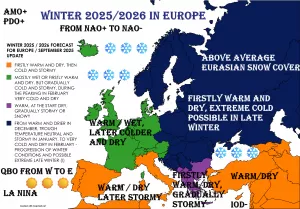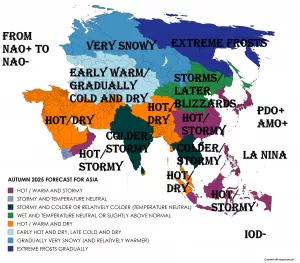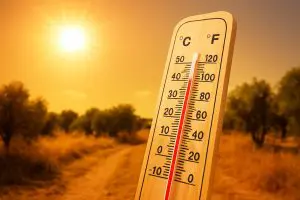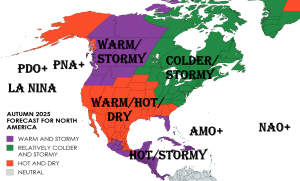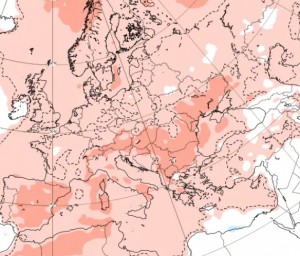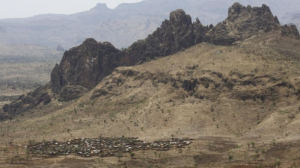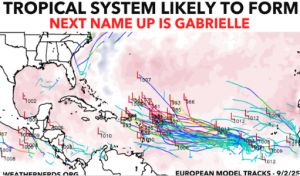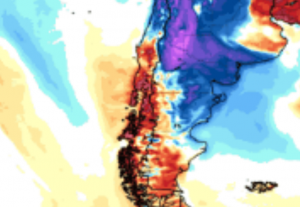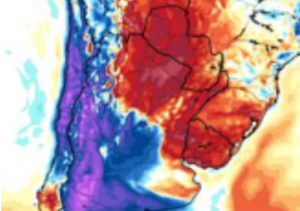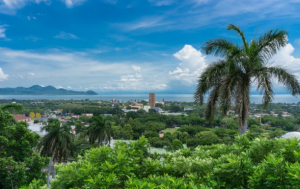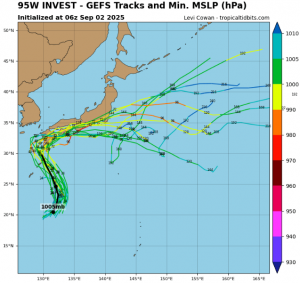
As the calendar turned from May to June 2025, Southern Africa has found itself in the grip of an extraordinary and persistent heatwave. What should be the onset of winter in the Southern Hemisphere is instead shaping up to be one of the warmest periods on record for the region—raising alarm among climate scientists, farmers, and local communities alike.
May: A Month of Unrelenting Heat (+39,9°C in South Africa)
Throughout May 2025, record-breaking temperatures scorched Southern Africa almost daily. From dry inland plateaus to coastal lowlands, heat anomalies pushed well beyond seasonal expectations. One of the most remarkable records came from Mooi River in South Africa’s KwaZulu-Natal province, where a sweltering 31.5°C was recorded—an unprecedented figure for what is typically a cool, pre-winter region.
Even more astounding was the Southern Hemisphere’s highest temperature recorded that month: 39.9°C in Alexander Bay, a coastal town in northwestern South Africa, on 16 May. This temperature was not only the highest in Southern Africa but also the highest in the entire Southern Hemisphere during May, underscoring the scale of the heat anomaly.
Traditionally, May is a month of cooling transition in Southern Africa, when cold fronts begin to move north from the southern Atlantic, bringing chillier air and early winter rains. Instead, warm winds, clear skies, and persistent high-pressure systems dominated the atmospheric pattern, pushing daytime highs into summer-like territory across many areas.
June Follows Suit: Namibia Hits 35.5°C
Just as meteorologists and citizens hoped for relief with the arrival of June, the heatwave showed no signs of slowing. Namibia, already one of the driest countries in Africa, experienced a blistering 35.5°C on the first day of the month. This temperature not only set a record for early June but also rivals highs typically only seen in midsummer months like December or January.
The Namib Desert, known for its harsh climate, has seen temperature spikes before—but the timing and intensity of this year’s heat has confounded climatologists. “We are witnessing the early signs of a regional climate shift,” said Dr. Tshepo Maluleka, a climate researcher at the University of Cape Town. “These are not isolated spikes—they’re part of a growing trend of prolonged, anomalous heat during months that used to be reliably cool.”
Oceanic Heat: Juan de Nova Island Sets Record
Off the southeastern coast of Africa, the heatwave’s reach has extended to remote oceanic territories as well. Juan de Nova Island, a tiny coral atoll administered by France in the Mozambique Channel, recorded an overnight minimum temperature of 26.7°C—marking the hottest June night ever observed on the island and a new record for the French Southern Territories.
Elevated sea surface temperatures inhibit nocturnal cooling, leading to uncomfortably hot and humid nights. For ecosystems adapted to cooler seasons, such sustained heat poses serious risks.

Illustration picture: https://www.bradtguides.com/surviving-in-the-namib-desert/

